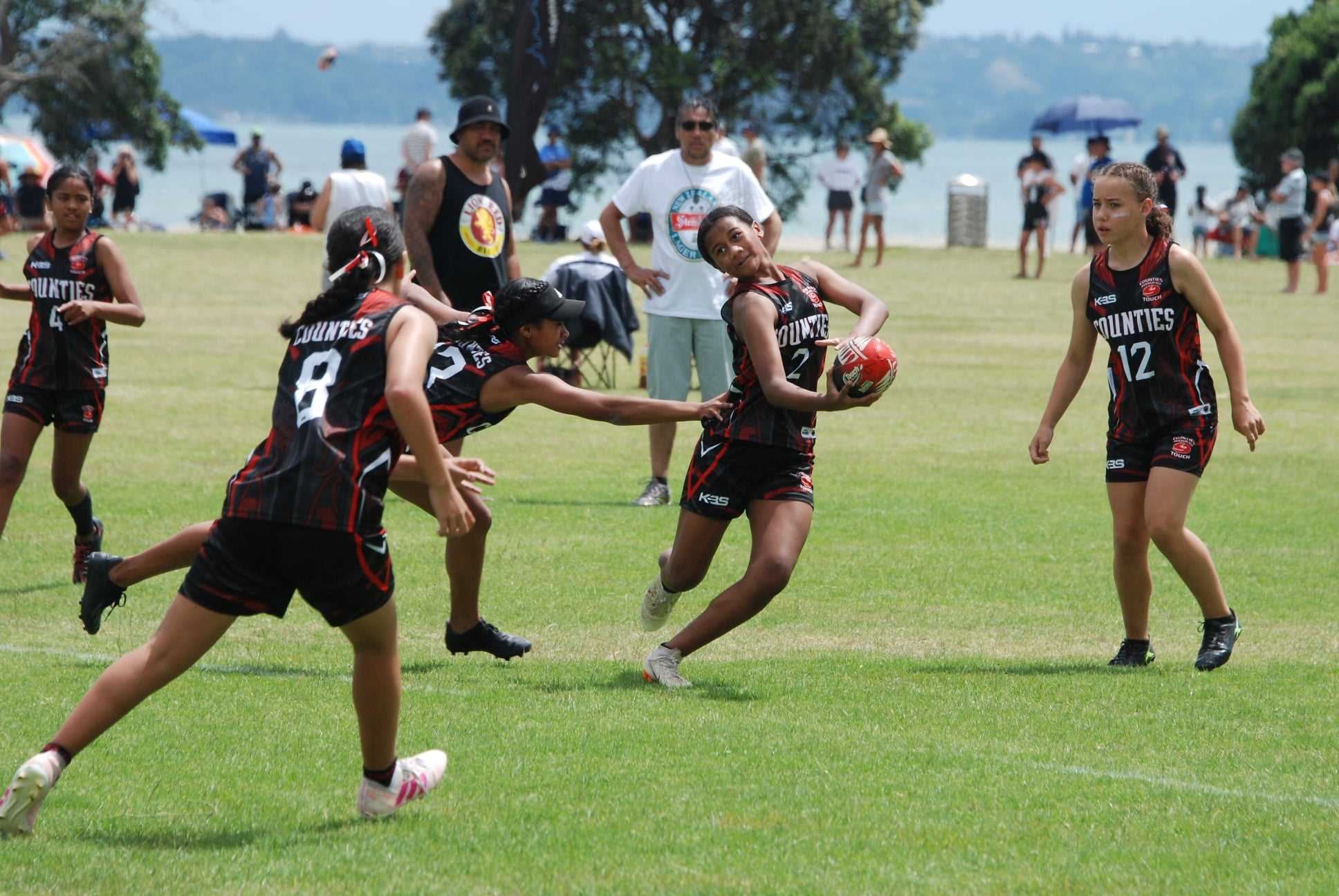
The idea of a world championship for rugby was originally conceived in the mid-20th Century. In 1984, the International Rugby Board (IRFB), conducted a feasibility study. The tournament was first proposed in June 1983 by Australia. Two proposals were rejected, but the idea was revived by the IRFB in the 1980s. In 2009, the International Olympic Committee approved rugby being included in the Olympic Games. In 1988, England and Scotland played their first rugby match. In 1988, England and Scotland played the first international rugby match. The tournament was then held in Japan. Japan became the first Asian country to host it. It was also the first tournament where all matches were played at one country's grounds.
The International Rugby Board held an international vote on the idea for a World Cup. A vote of 10-6 was cast. Two of the two proposals were rejected by the IRFB, but they were convinced of the merits. In 1985, a world soccer cup proposal was approved. The competition initially had 16 countries, but it was expanded to 20 later. New Zealand won four Rugby World Cups during the tournament. In addition to winning the tournament, the All Blacks became the first team to win the title three times, and became the first team to defend the title.

England and New Zealand had been playing each other away and home for many years before this tournament. England was expected and expected to win the tournament. However, they failed to make the Quarter Finals, while Wales were eliminated in the Semi-Finals. Australia lost to England in the final. Elton Flatley kicked the penalty. But with time running out, Chris Wilkinson booted the drop-goal to win the match. The kick marked an unforgettable moment in the history of the game.
After the initial IRFB decisions, the idea of a global cup was revived. To make it work, the IRFB consulted members unions. The idea was discarded because the IRFB didn't want its member unions to compete in the world championships.
The International Rugby Board (IRFB) began a feasibility study of the idea in December 1984. This study was done to determine the cost, schedule and logistical requirements required for a world-cup. South African delegates were also consulted by the IRFB about the potential for a world cup. However, South Africa's apartheid regime had boycotted international sports. The IRFB was able, however, to admit South Africa into the competition only after the end to apartheid.
New Zealand emerged as the leading force in Rugby World Cups. They were predicted to win the tournament the fourth time. They won the tournament for the fourth time in 1995. In 1999 and 2006, they also won.

England had not progressed beyond the pool phase in 1991. In 1999, England was eliminated from the Semi Finals. England was expected to defeat the Springboks at the final of the 2003 tournament. In the final twenty seconds of the match, the Wallabies reclaimed a 20-0 lead to win.
FAQ
What is extreme in a sport?
Sports have been around since antiquity. They've evolved to be more than just competitions for athletes. Some sports have become part and parcel of our culture.
High levels of competition make some sports extreme. Professional basketball players are often in competition for hours. Others sports require extreme equipment, which is why they are called extreme. Snowboarding is a sport that involves riding downhill on two wheels attached at the bottom.
Some sports are extreme simply because they have different rules. For example, soccer can be played in a different way than American football.
Extreme sports require that their participants perform extraordinary feats of athleticism. Gymnastics, for example, can be very difficult as the athletes balance on different objects and avoid falling.
Who takes part in the extreme?
People of all ages and abilities participate in extreme sports. Extreme sports interest children just as much,
Younger kids can play games like dodgeball, tag, and capture the flag. Older children can form teams to compete against each other.
Adults can choose to play in either team or individual sports. There are plenty of ways to find a team to play on.
It's likely that you'll need to ask someone who has done it before to help you get started.
What are the advantages of extreme sports?
There are many health benefits to extreme sports participation. Here are just a few:
-
Exercise can help you stay healthy. When you exercise, you burn calories. This also burns calories. So you look better.
-
Extreme sports help build self-confidence. Extreme sports can make people feel better about themselves.
-
Extreme sports can be fun. You can't beat the feeling of being free and having lots to do.
-
Extreme sports offer adventure. What could be better than doing something adventurous? You never know what adventures you might have.
-
Extreme sports are safe. No matter which sport you choose, you'll always feel safe.
-
Extreme sports are dangerous. Most extreme sports are safe if done correctly.
-
Extreme sports offer relaxation. You can relax best by doing something you love.
-
Extreme sports can help you build character. Extreme sport helps you to develop character and courage. These traits are important for everyday living.
-
Extreme sports make you stronger. Most extreme sports require physical activity. This can help you build strength and endurance.
-
Extreme sports promote health and fitness. Fitness is important for everyone. It improves your quality of life.
-
Extreme Sports is a great way to have fun. Participating in extreme sports is a great way of spending time with family and friends.
What skills will I need to do extreme sports?
Practice every day in order for you to excel at any extreme sport.
Learning new moves and tricks is part of practicing. You will improve your performance by doing this.
You should also be familiarized with safety rules before you attempt anything new.
Protective gear, such as helmets, should be worn at all times. You must keep in the sight of others.
Stunts should not be performed without a spotter. During your stunt, a spotter will be there to watch over you.
Extreme sports become more popular.
Extreme sports are becoming more popular because people want to have fun. They enjoy being part.
They enjoy taking chances and pushing themselves to the limits.
People also enjoy watching others do their stunts.
Extreme sports have become more popular than ever before. Indoor skydiving, for example, is now possible in many cities. There are companies offering bungee jumping all around the globe.
Statistics
- Since 1998, overall participation has grown nearly 25% - from 5.2 million in 1998 to 6.5 million in 2004. (momsteam.com)
- According to the United States Parachuting Association, about 21 people die yearly from skydiving. (livehealthy.chron.com)
- Nearly 98% of all "frequent" roller hockey participants (those who play 25+ days/year) are male. (momsteam.com)
- Approximately 50% of all wakeboarders have been participating in the sport for 1-3 years. (momsteam.com)
- Based on the degree of difficulty, the routine is scored on form and technique (50 percent), takeoff and height (20 percent), and landing (30 percent). (britannica.com)
External Links
How To
How do you master parkour?
Parkour, a form of free running, is where people run across obstacles such as walls and buildings. Parkour is a highly popular sport that has millions of participants. There are many different types of parkour techniques, which include freestyle, wall climbing, obstacle course, urban exploration, rescue, freerunning, urban combat, and others.
Fitness is any activity that increases your physical fitness and overall health. You can exercise at the gym, do cardio exercises, or just go for a walk. Parkour is considered an athletic sport since it requires athletes who can use their body strength, speed balance, coordination, agility, and coordination.
Here are some tips and tricks for those who wish to learn parkour.
-
You should choose a spot that doesn't have stairs or places that could inflict injury. Avoid hills, choose flat ground and climb trees if possible.
-
Wear proper footwear, like shoes made from rubber or leather. Try them all to find the one that feels right for you. The right shoes can make a parkour session or not.
-
Bring water bottles and snacks to keep yourself hydrated during practice sessions.
-
Before you begin a parkour lesson, it is important to warm up. This means warming up your muscles and getting ready to go. Slowly increase intensity until you feel your muscles are fully warm.
-
Jumping is not about relying on your arms and legs. Instead, concentrate on your core muscles and back muscles to help you get past obstacles.
-
Don't push yourself too much; take breaks every once in a while. This will allow your body to recuperate from the exercise without getting hurt.
-
Listen to music while practicing parkour. Music helps you to relax and concentrate.
-
Stretch your muscles, joints and ligaments after each session to avoid injury.
-
If you're exercising in public areas, it is important to clean up after yourself. You will not endanger someone else.
-
Keep track of your progress by noting down your performance in a journal. This way, you'll always remember your strengths and weaknesses.
-
Parkour is for having fun. Don't let fear of losing your balance stop you from enjoying the parkour experience. Do not be afraid to fall. Get up and keep going.
-
Every day, learn new tricks.
-
Make sure to eat healthy food. Consuming a high-protein diet will allow you to gain muscle mass more quickly.
-
Find a mentor. Mentors usually teach you how to make certain moves, and they also advise you about improving your skills.
-
Don't be afraid to ask questions. The people who love to share their knowledge with others are always happy to answer questions.
-
Practice makes perfect. Get out there and train as often as you can.
-
Have fun!
-
Last but not less, remain safe!